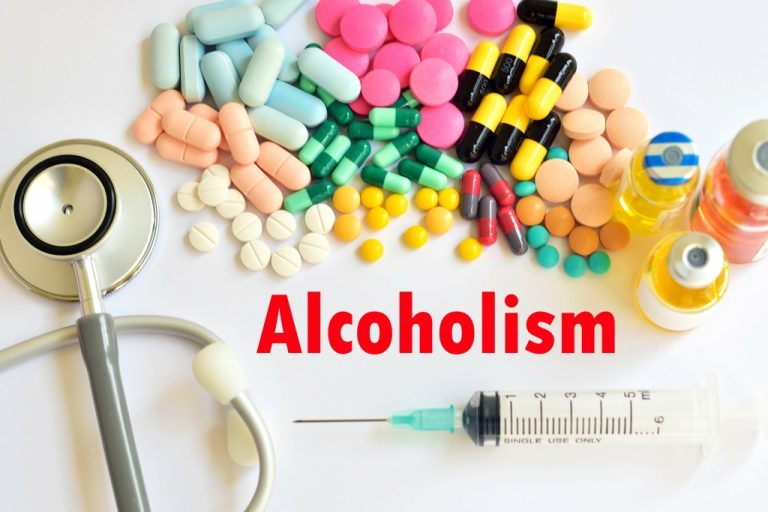Find out how to use empowering questions to cultivate a healthier relationship with alcohol. Saying a mantra, substituting thoughts of recovery goals, praying, reading something recovery-related, reaching out to someone supportive—all are useful tactics. Planning in advance a way out of high-risk situations—whether an event, a place, or a person—helps support intentions in the face of triggers to use. Some of these people might be your oldest friends who you used to get high or drunk with.
- Most rehab centers offer assistance with legal matters, for example.
- If you feel yourself starting to get anxious, take a reasonable break and refocus.
- They also value having role models of recovery and someone to call on when the recovering self is an unsteady newborn.
- Then, give yourself permission to let go of those beliefs and create new, positive ones.
Working in an environment that triggers your addiction and encourages drugs or alcohol could have serious effects on your life. In order to firmly stay on the path of sobriety, make sure you find a working environment that does not alcohol or drug use. On this podcast, Justin shares powerful stories of people bouncing back from addiction and he explores how finding your true purpose can transform your recovery journey. Drawing from his personal experience overcoming addiction and also the incredible stories of people who’ve found lasting freedom.
Step 5: Get Support After a Relapse
Once removed from that lifestyle, you’ll likely find yourself unsure what to do. This is where it becomes important to develop a hobby or interest. There are so many healthy outlets out there to pick up, whether it be writing, reading, working out, crafting … the list goes https://ecosoberhouse.com/article/alcoholism-statistics-you-need-to-know/ on. Think about something you’ve always wanted to do or try, and go do it. Even if you don’t like it, you’ll be able to check it off the list and move on to the next thing. This is the perfect time in your life to start discovering what fills you up in the best ways.

In addition, there are nonprofit organizations such as American in Recovery and the National HIRE Network that specifically help those with addiction or criminal history to find work. Usually for a substantial fee, career transition services help executive and higher-up employees define career goals and help with job searches. Many treatment programs have partnerships with area businesses to hire those in recovery.
Medical treatment for addiction has a high rate of success.
The evidence shows that every day, people choose to recover from addiction on their own. One way or another, they learn and deploy a set of skills that help them get through the strong cravings and urges of the difficult early stages of recovery. Some of the most helpful strategies for dealing with cravings are summarized in the acronym DEADS.

With the growing awareness of addiction, comes a more comprehensive approach to recovery and greater knowledge of what it takes to rebuild a life after addiction. The idea of rebuilding one’s life in recovery is much more than simply abstaining from future drug use. Addiction is a life-threatening illness, but recovery should be a time of thriving and gratitude in a commitment to a full and healthy life ahead. The most crucial step to take following substance addiction rehab is to figure out your life goals and set about following them. Now that you’re headed along a solid path towards your dreams like exercising, getting plenty of rest, and being good to loved ones will eventually fall into line.
How do I find a job after recovery?
Any drug use that is recreational should be avoided, and in many cases, prescribed medications can be problematic as well. Complete the form and a treatment advisor will contact you at the number provided. Interested in self- reflection tips, learning hacks and know thyself with ways to calm down your rebuilding life after addiction mind; We offer you the best content which you have been looking for. Rebuilding your life is about replacing those limiting beliefs with empowering ones. We all have beliefs that can hold us back; beliefs like “I’m not good enough”, “nothing ever works out for me”, or “I’ll never be successful”.
Recent Comments